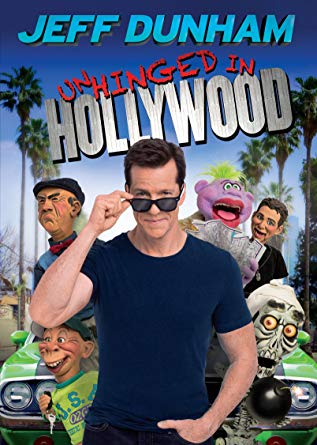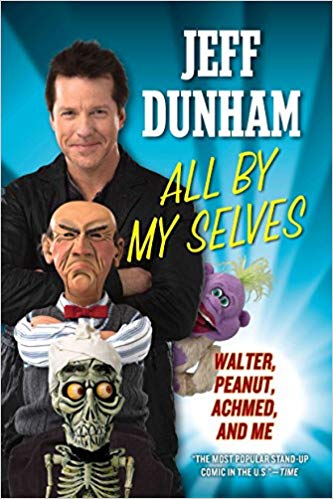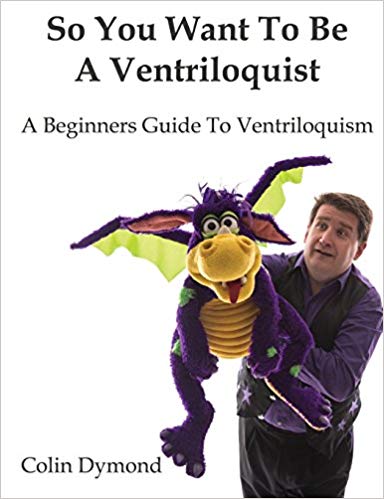
R-E-S-P-E-C-T
Recently some things developed in the ventriloquism community that were rather disturbing.
Several individuals became upset about the perceived success of others. This blew up on Facebook with people taking different sides.
The same day, an article written for administrative professionals popped up in my news feed. It provided an insight that fit exactly what was happening in our little world.
In the article, several admins (administrative professionals) felt they could not respect their managers.
This was because said managers were demanding respect, rather than earning it.
Like in the vent world, these managers would continually flaunt their “accomplishments” in front of others. They felt they deserved respect because of them.
At the same time, these managers dismissed the achievements of others. They were bitter when others were recognized over their own accomplishments.
The author of the article encouraged the admins to re-open their minds and acknowledge what their managers were doing well.
She asked them to give their managers an opportunity to earn their respect from here forward. At the same time, they were encouraged to work toward earning their manager’s respect.
Here are some tips toward earning respect that the author shared with both admins and managers:
Consistency:
The fastest way to lose respect and credibility is to say one thing and do another. People will believe in you until you give them a reason not to. Do what you say you will, when you say you will.
Authenticity:
Respect comes naturally to those who are comfortable and confident enough to be themselves all the time. A genuine, true presence allows others to feel comfortable around you. If you feel you need to project a certain image of success, you probably haven’t achieved it.
Commit to education:
If you stop learning, you stop growing. You stagnate and begin to decay. You don’t have to know everything. It is important to surround yourself with others who can help contribute to your knowledge. And remember that we can learn from everyone. Even if it is what not to do.
Admit when you are wrong:
No one is right all the time. If you’re never wrong, you’re not trying as hard as you could be.
When you are wrong, admit it in a humble, confident manner. Share what you have learned from the experience and move on. Do not continue to dwell in the mistakes.
Allow others their dignity:
Disparaging others reflects poorly on you than it does your “victim.” It destroys the possibility for some to respect and trust you in the future.
Be Behind Others:
The best leaders are cheerleaders. They recognize the accomplishments of others and cheer them on. The success of individuals on the team inspires everyone to shine.
It is the same in our community. When one person succeeds it makes the art more visible to all. It isn’t a call to be jealous. It is a call to support their efforts.
Respected leaders are not recognition junkies.
Be supportive, not competitive:
Be quick to express gratitude for the efforts and contributions of everyone on your team. (Or in your profession.)
Take the time to understand and appreciate each person’s uniqueness. Help other enable their talent.
Someone else’s success does not discount you or your success.
Ultimately, respect will not be earned by your accomplishments, shows, or talent, but by the positive and personal impact you create – one person at a time.






 Why Not Join The IVS?
Why Not Join The IVS?



 For years, people would ask me, do you know that ventriloquist on TV with the purple puppet?
For years, people would ask me, do you know that ventriloquist on TV with the purple puppet?



 How did Jeff become memorable?
How did Jeff become memorable?


 People have told me, Jeff Dunham was self-taught. He used the Jimmy Nelson album.
People have told me, Jeff Dunham was self-taught. He used the Jimmy Nelson album. There is so much more to the art than just talking without moving your lips.
There is so much more to the art than just talking without moving your lips.
 All the knowledge in the world will not help if you do not put it into practice. Lots of practice.
All the knowledge in the world will not help if you do not put it into practice. Lots of practice.


 I’ve seen Ronn Lucas pull a sock off his foot and entertain an audience for 15 to 20 minutes with it.
I’ve seen Ronn Lucas pull a sock off his foot and entertain an audience for 15 to 20 minutes with it.
 You can use:
You can use:






Recent Comments